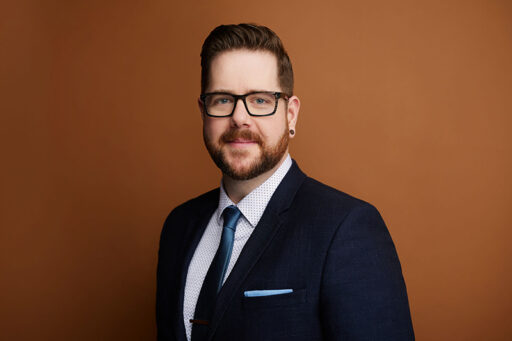College Blog
As you are most likely aware, the use of recreational marijuana (cannabis) became legal in Canada on October 17, 2018.
So, what does that mean for you as a physiotherapist? In a word… nothing. However, there are some things you may want to consider.
No Smoking Polices
The same no smoking policies apply whether it’s tobacco or cannabis. If you don’t already have a policy in place, you may want to develop one.
According to the law, people are not permitted to smoke cannabis or tobacco:
- Within nine metres from the entrance or exit of hospitals, psychiatric facilities, long-term care homes, independent health facilities.
- On outdoor grounds of hospitals and psychiatric facilities.
- In non-controlled areas in long-term care homes, certain retirement homes, provincially-funded supportive housing, designated psychiatric or veterans’ facilities, and residential hospices.
Scent-Free Policies
If you have a scent-free policy and the person smells strongly of cannabis, do the same thing you would do if they were wearing a strong-smelling perfume or smelled of tobacco—ask them to wash the scent off and refrain from wearing it in future. In the case of smoking, they may need to change their clothing.
Incorporating It into PT Practice
Remember, physiotherapists can’t recommend, sell, administer or prescribe drugs, including cannabis (except under delegation). If your patient is considering cannabis as a treatment adjunct, refer them to an appropriate professional who can recommend or prescribe. Note that only doctors and nurse practitioners can prescribe medical marijuana.
Refusing Treatment
What if your patient shows up for treatment and is high?
Simple—do the same thing you’d do if they showed up drunk and were either not capable of providing consent or treatment would be risky to them in their condition—refuse treatment.
Every time someone arrives for an appointment, you need to decide if the person can provide consent. You start by assuming that they’re capable, unless the person is obviously impaired.
If the person is obviously impaired by drugs (including cannabis) or alcohol, inform them that you’re unable to provide treatment because you believe that they’re impaired and document the facts (unable to treat because of suspected impaired judgement) in your records. Reschedule and ask that they refrain from drinking or smoking before their next appointment.
Physios Indulging
Just like any other extra curricular activities you may choose to take part in outside of work, if you decide to use cannabis in your off hours you must ensure that you are in no way impaired when providing treatment to patients.
Human Rights
What if your patient uses cannabis medicinally rather than recreationally?
Regardless of why they’re using, if they’re not capable of consenting because their judgment is impaired, you should refuse treatment. Be sure to be respectful and non-judgmental in your communication, and remember, cannabis use does not necessarily result in impaired judgement.
Providing and Refusing Care Standard











Great post! It’s important for physiotherapists to approach the topic of cannabis use with an open and nonjudgmental attitude, ensuring that patient care remains the top priority. By staying informed and adapting their practices to the changing legal and medical landscape, physiotherapists can continue to provide effective and patient-centered care to individuals who use cannabis.